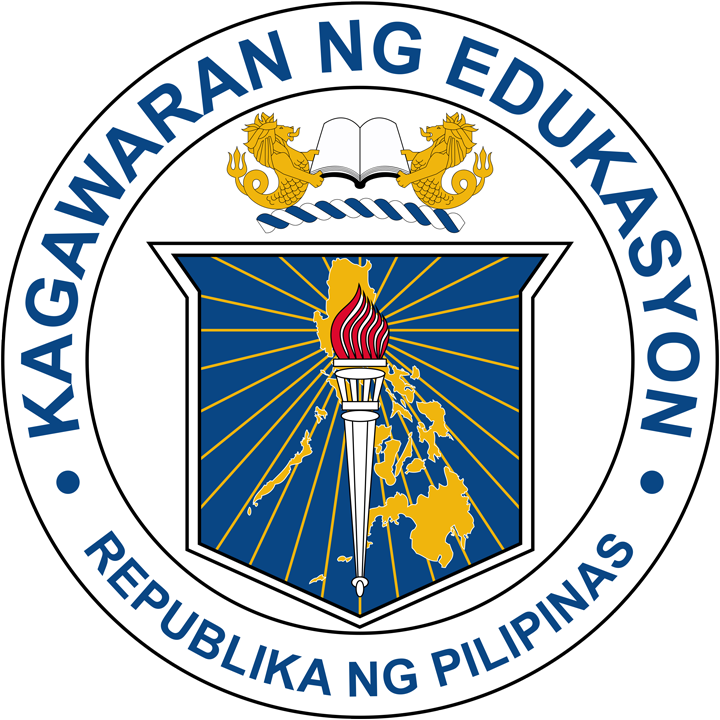
Sevilla was associated with the Gomburza. Sevilla, a Filipino priest who supported the secularization movement in the 1860s and early 1870s. On January 20, 1872, the Cavite Mutiny broke out. Four and a half months later, on July 2, 1871, del Pilar pursued law. He obtained his Bachiller en Filosofía on February 16, 1871. Afterward, he resumed his studies at the Universidad de Santo Tomás. Del Pilar was pardoned and released from prison thirty days later. Félix García Gavieres, favored the parish priest over del Pilar after the trial, the latter was immediately sent to the Carcel y Presidio Correccional. Surprised by the high rates of baptismal fees in the parish, he argued with the parish priest in the area. In 1869, del Pilar acted as a godfather at a baptism in San Miguel, Manila. "Ang Pag-aaklas sa Kabite ng 1872" historical marker for the Cavite Mutiny at Fort San Felipe in Cavite City, 1872. There, del Pilar earned: (1867-1868) Psychology, Fair Logic, Fair Moral Philosophy, Fair Natural History, Good Arithmetic, Notablemente Algebra, Very Good (1868-1869) Metaphysics 1, Very Good (1869-1870) Metaphysics 2, Very Good (1870-1871) Physics, Good. Afterward, he enrolled at the Universidad de Santo Tomás to study Philosophy. From Jto January 12, 1866, del Pilar studied under Sr. The subjects he took there were: Poetry, Doctrina Christiana, Spanish grammar, Latin grammar, Elements of Rhetoric, and Principles of Urbanidad. He pursued his segunda enseñanza at the Colegio de San Juan de Letran under the tutelage of Sr. In the mid-1850s, del Pilar received early education from his paternal uncle Alejo del Pilar.

He also mastered the palasan or rattan cane. įrom an early age, del Pilar learned the violin, the piano, and the flute. Don Julián and Doña Blasica had ten children: Toribio (priest, deported to the Mariana Islands in 1872), Fernando (father of Gregorio del Pilar), Andrea, Dorotea, Estanislao, Juan, Hilaria (married to Deodato Arellano), Valentín, Marcelo, and María. Known as "Doña Blasica", she was the daughter of Nicolas Gatmaitan and Cerapia De Torres. In the early 1830s, Julián met and married Blasa Gatmaitán (1814-1872?), a descendant of an ancient Tagalog nobility.

In the municipality of Bulacán, he served as a "three-time" gobernadorcillo of the town's pueblo (1831, 1854, 1864-1865) and later held the position of oficial de mesa of the alcalde mayor. Don Julián was a famous Tagalog grammarian, writer, and speaker. Marcelo's father, Julián Hilario del Pilar (1812-1906), was the son of José Hilario del Pilar and María Roqueza. Both owned vast tracks of rice and sugarcane farms, fish ponds, and an animal-powered mill. Marcelo's parents belonged to the principalía. The surname of Marcelo's paternal grandmother, "del Pilar", was added to comply with the naming reforms of Governor-General Narciso Clavería in 1849. "Hilario" was the original paternal surname of the family. Tomas Yson, a Filipino secular priest, performed the baptism, and Lorenzo Alvir, a distant relative, acted as the godfather. He was baptized as "Marcelo" on September 4, 1850, at the Iglesia Parroquial de Nuestra Señora de la Asuncion in Bulacán. del Pilar was born at his family's ancestral home in sitio Cupang, barrio San Nicolás, Bulacán, Bulacan, on August 30, 1850. del Pilar's ancestral house and birthplace in Bulacán, Bulacan. In 2009, this issue was revisited in one of the proceedings of the 14th Congress. No action has been taken for these recommended historical figures. The recommendations were submitted to Department of Education Secretary Ricardo T. Ramos, recommended del Pilar along with the eight Filipino historical figures to be National Heroes. On November 15, 1995, the Technical Committee of the National Heroes Committee, created through Executive Order No. He later died in a public hospital and was buried in a pauper's grave. He was on his way home in 1896 when he contracted tuberculosis in Barcelona. Losing hope in reforms, he grew favorable of a revolution against Spain. Publication of the newspaper stopped in 1895 due to lack of funds. Twelve months after his arrival in Barcelona, he succeeded López Jaena as editor of the La Solidaridad (Solidarity). He went to Spain in 1888 after an order of banishment was issued against him.

In the 1880s, he expanded his anti-friar movement from Malolos to Manila. He was suspended at the Universidad de Santo Tomás and imprisoned in 1869 after he and the parish priest quarreled over exorbitant baptismal fees. ĭel Pilar was born and brought up in Bulakan, Bulacan. Del Pilar, along with José Rizal and Graciano López Jaena, became known as the leaders of the Reform Movement in Spain. del Pilar and also known by his pen name Pláridel, was a Filipino writer, lawyer, journalist, and freemason. Marcelo Hilario del Pilar y Gatmaitán ( Spanish: Tagalog: August 30, 1850 – July 4, 1896), commonly known as Marcelo H.


 0 kommentar(er)
0 kommentar(er)
